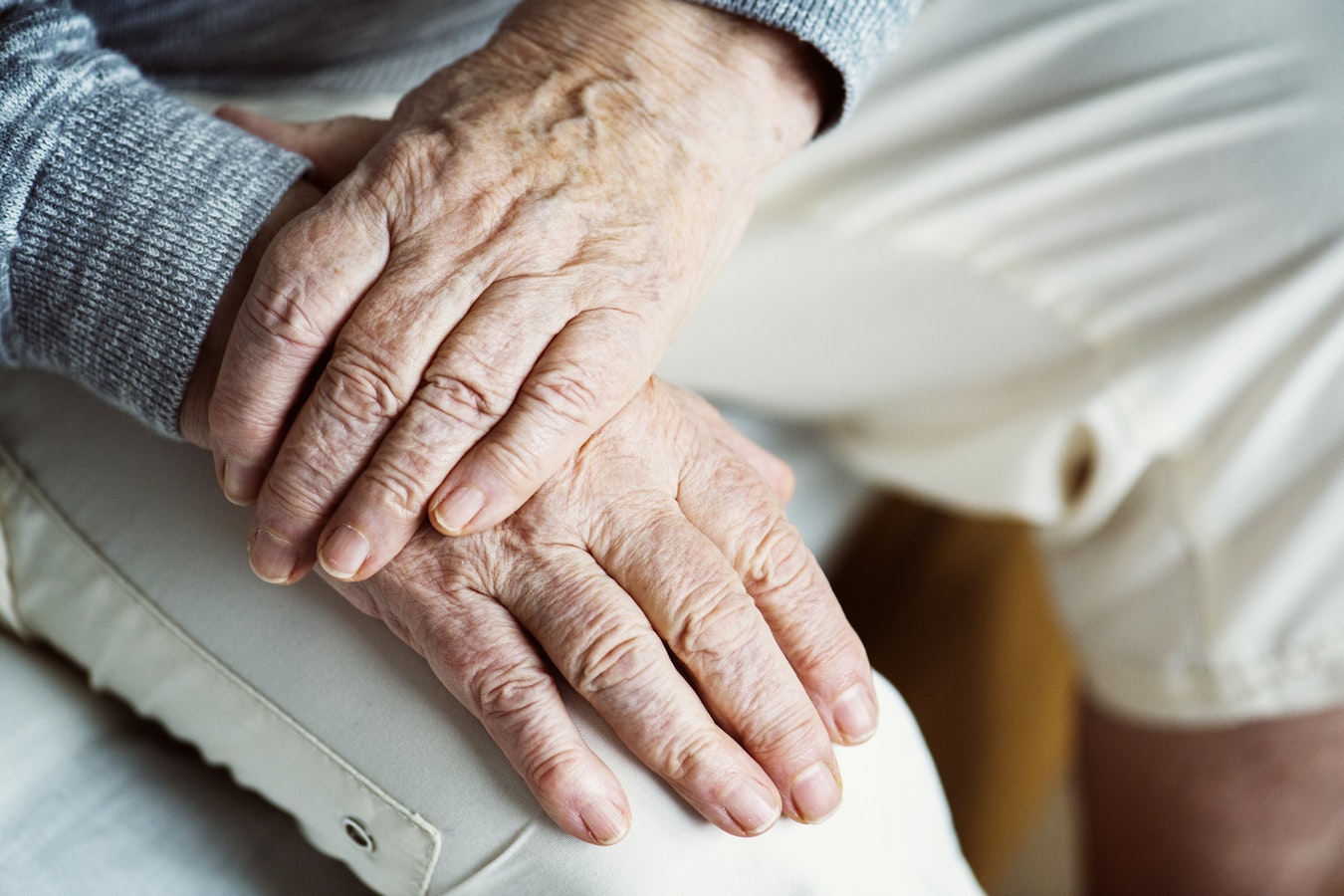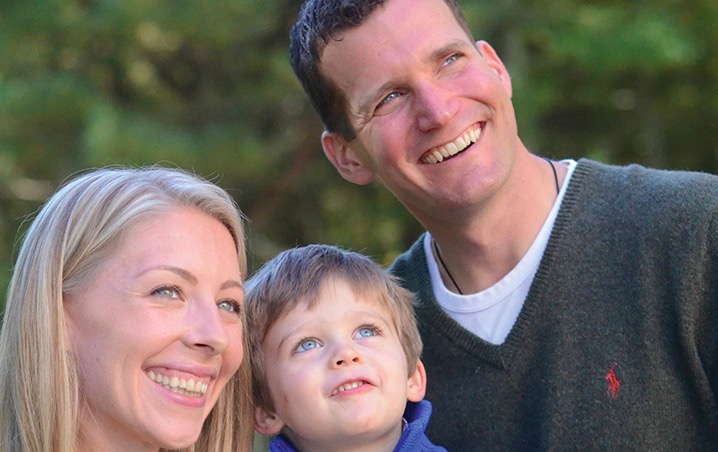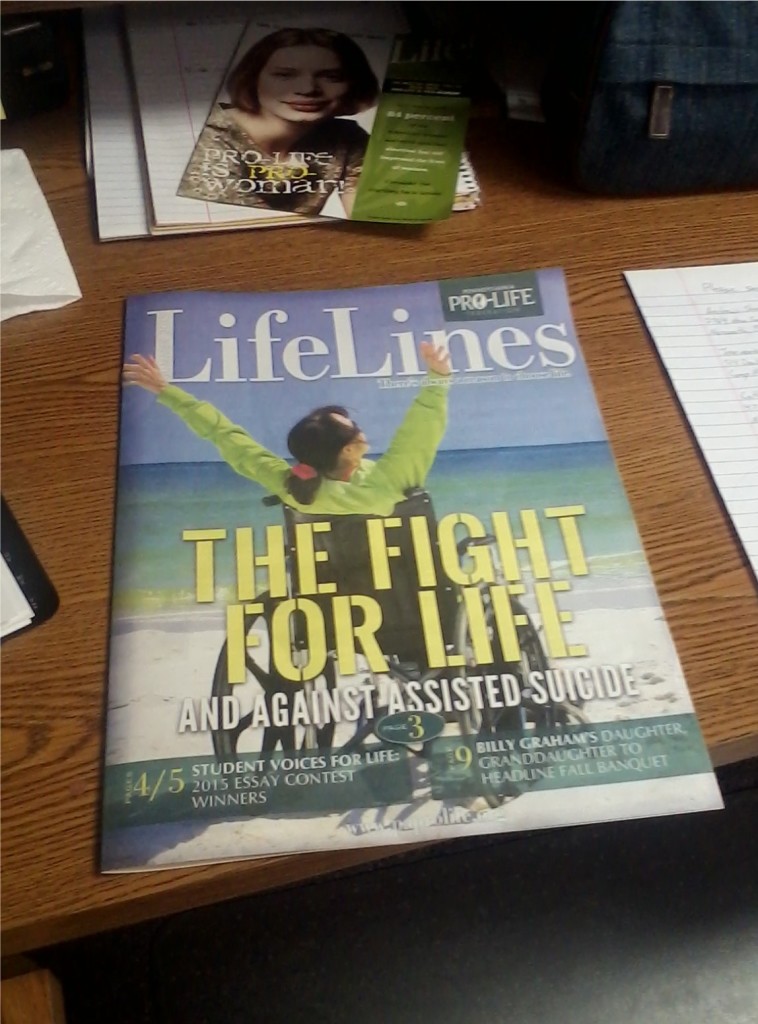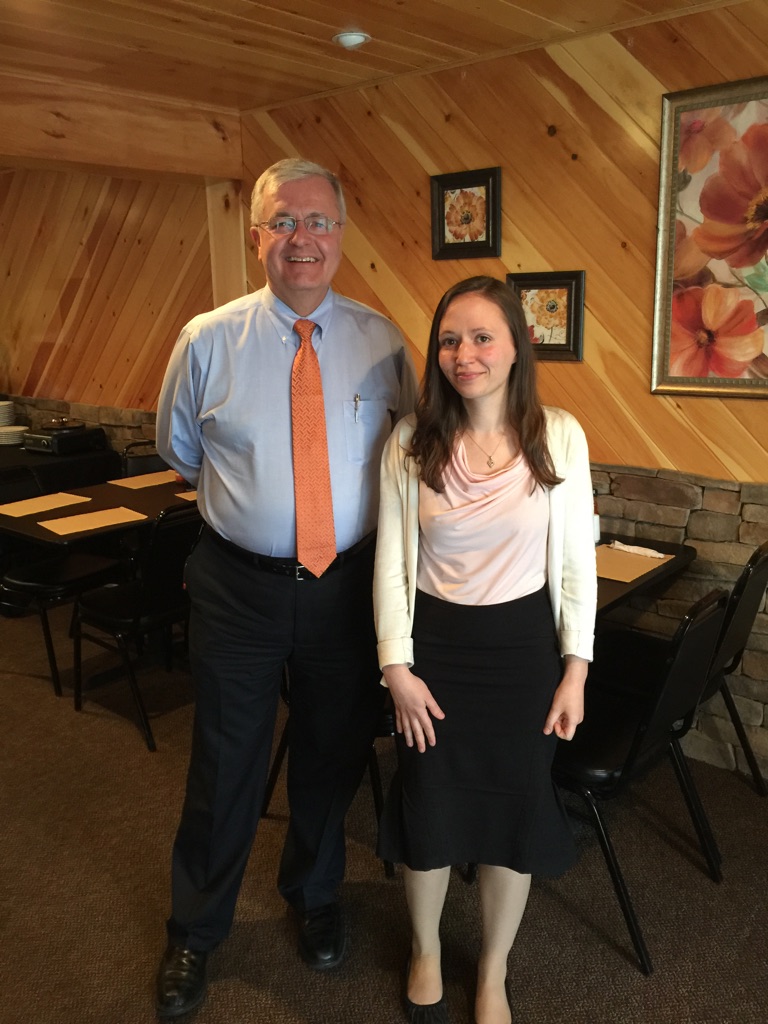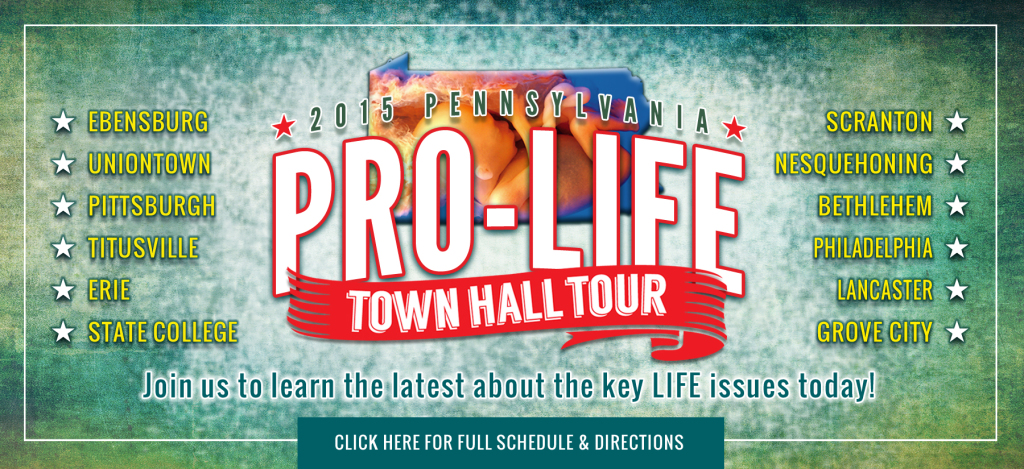By Maria Gallagher, Legislative Director
When my father died, the emotional pain experienced by my mother, sister, and myself felt overwhelming. He was the rock of our family, our protector, and the world felt a little less safe without him in it.
Yet, we were consoled by the fact that medical personnel had done everything they could to save his life. The best medical equipment gave him every opportunity to rebound. But sadly, he just could not recover.
I think of my father when discussions turn to assisted suicide–or, more appropriately referred to as doctor-prescribed suicide. Proponents argue that it is the solution to what ails many in our society–the feeling of a loss of control, the fear of intractable pain.
And yet, doctor-prescribed suicide leads to a host of problems. The vulnerable and the mentally ill are especially susceptible.
Consider this statement from Dr. Charles Bentz: “Instead of helping my patient, (a) once-trusted colleague decided my patient was ‘better off dead’ and became an accomplice in his suicide.
“This is the real tragedy of assisted suicide in Oregon. Instead of providing excellent care, my patient’s life was cut short by a physician who did not address the issues underlying his suicidality.”
Research indicates that as many as 90 percent of suicides in this country are linked to mental illness, most notably depression. Yet in 2015, a paltry 5 out of 132 assisted suicide victims had obtained psychiatric counseling.
It is also important to note that, when individuals choose assisted suicide, pain, or even the fear of pain, ranks at the bottom of the list of reasons for their decision. Rather, the top reason listed is losing autonomy, or independence.
Fighting assisted suicide equals giving hope. We must redouble our efforts to attend to patients’ physical and psychological needs, so that doctor-prescribed suicide is not only unappealing, but also unthinkable.


